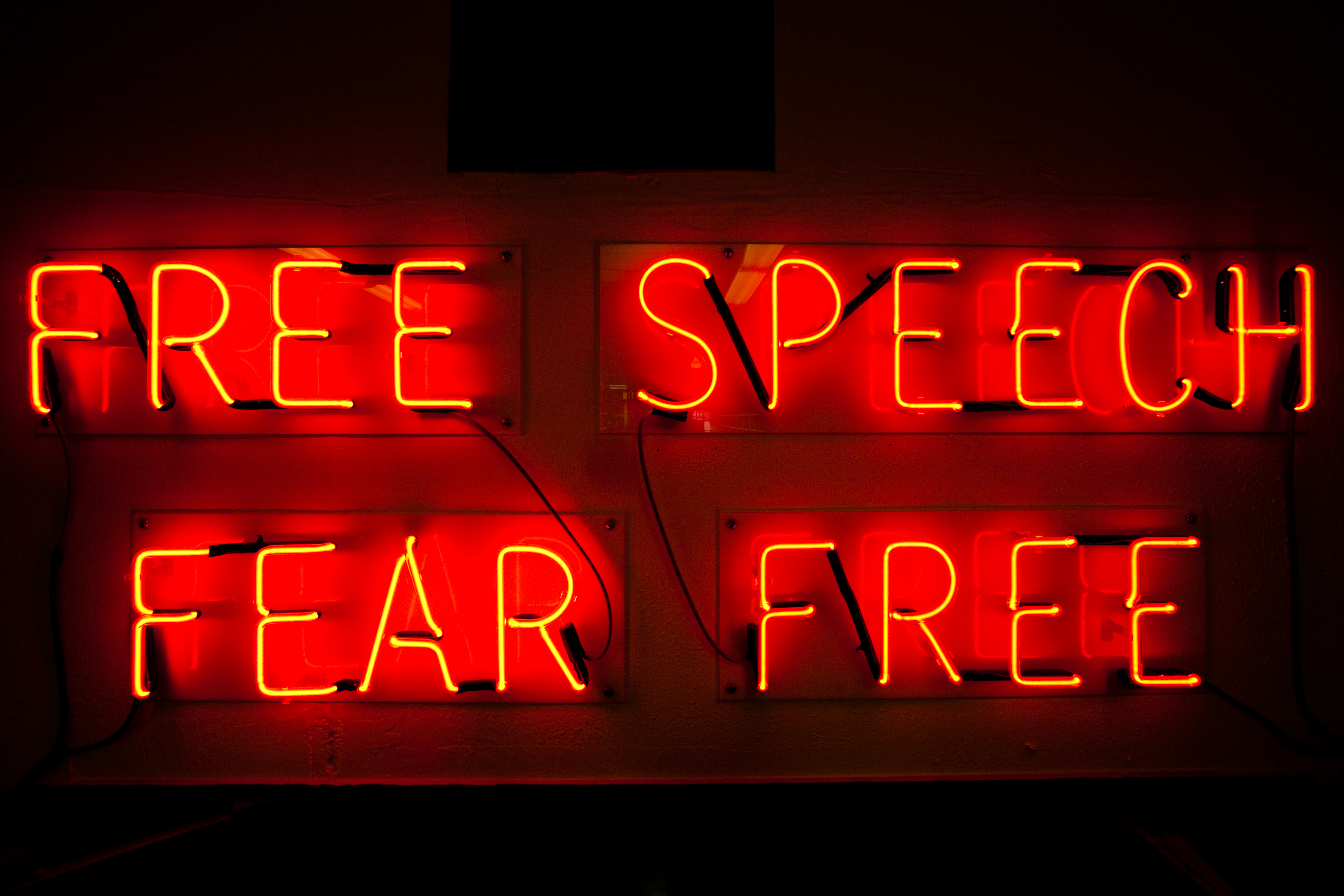
March 21, 2016, by Emily Howard
No place for no-platforming
Returning to campus after the last weekend in January, students were shocked to find campus emblazoned with neo-Nazi posters, stickers and messages. The neo-Nazi British Nationalist group ‘National Action’ had targeted University Park on a quiet Saturday, spreading messages of fascism and – what many regard as – hate.
Following this outburst, a proposal was put to Union Council requesting that the SU support a no-platform policy to exclude fascism and, more broadly, hate speech from being broadcast on campus; including the likes of National Action and Britain First. No-platforming is already a policy of the NUS, who forbid individuals holding racist or fascist views from being able to speak at any NUS function or be elected to any NUS position. However, at the University of Nottingham’s SU Union Council, the no-platforming motion failed to pass.
As a Left-minded student (like many), it goes without saying that the spreading of fascism and hate speech is shocking and worrying. However, in my opinion, no-platforming is the wrong way to go about tackling hate. No-platforming contradicts the very principles that the university is based upon: democracy, hearing all opinions, encouraging ideas, open discussion and debate. University is in itself a platform. No-platforming won’t stop people believing in hateful views or encouraging them: it does not confront their source. Rather the opposite; purposefully not letting someone speak suggests that the university is not strong, intelligent, and academic enough to counter such arguments. Like the quiet and mysterious disappearance of Vladimir Putin’s opposition, no-platforming acknowledges the status of certain views as a plausible threat. (And any comparison made between Putin and UoN is surely concerning.)
I’m not condoning what ‘National Action’ did to campus: external, uninvited and unlimited hate speech remains illegal. Yet if a member of National Action were invited by the SU to speak at a certain time, in a certain place – and could be questioned by students and staff – not only would our university’s democratic principles would be reinforced but hate speech would be actively questioned and challenged. Yes, individuals might be offended, but it is a choice whether or not to attend such events. We shouldn’t worry about exposing hate speech’s dogmatism; we should focus on exposing its flaws.

There’s being ‘offended’ and then there’s ‘being legitimately alarmed about your safety’. What message does the SU send its BAME members if they *invite* a group who are committed (see their website) to legalising and institutionalising violence against us to speak? Not going out of your way to welcome such people isn’t the same as banning free speech.
Thanks for your comment Margaret! I realise that as a non-BME individual I miss an important perspective when commenting on this. I think platforming could work well ensuring that student safety of course wasn’t compromised – giving a specific, restricted space for someone to air their views and them then being challenged would take all care to make sure that the speaker couldn’t subvert student safety. Ultimately the person will still broadcast their racist views, be it on campus or not – so campus is a good place for that person to be challenged on their views. Great to see the other side of the debate though; it’s a tricky one.